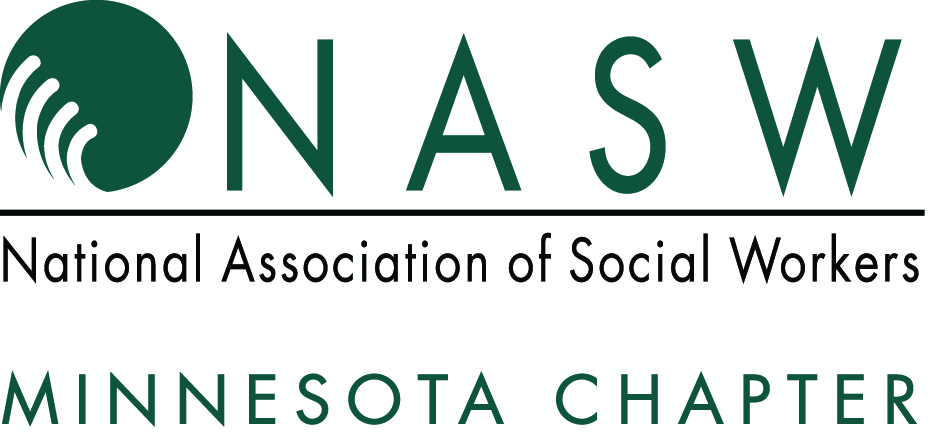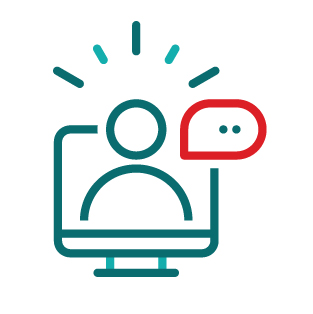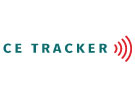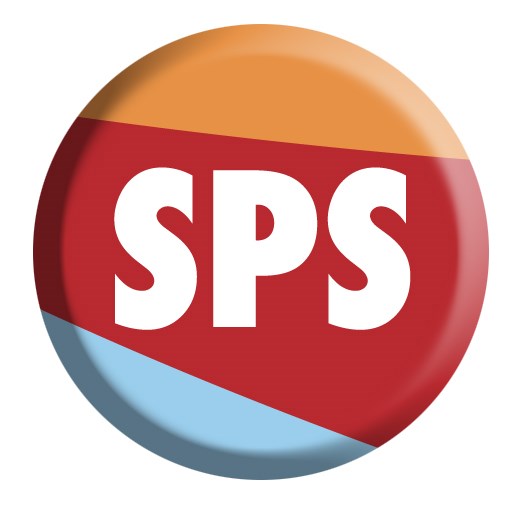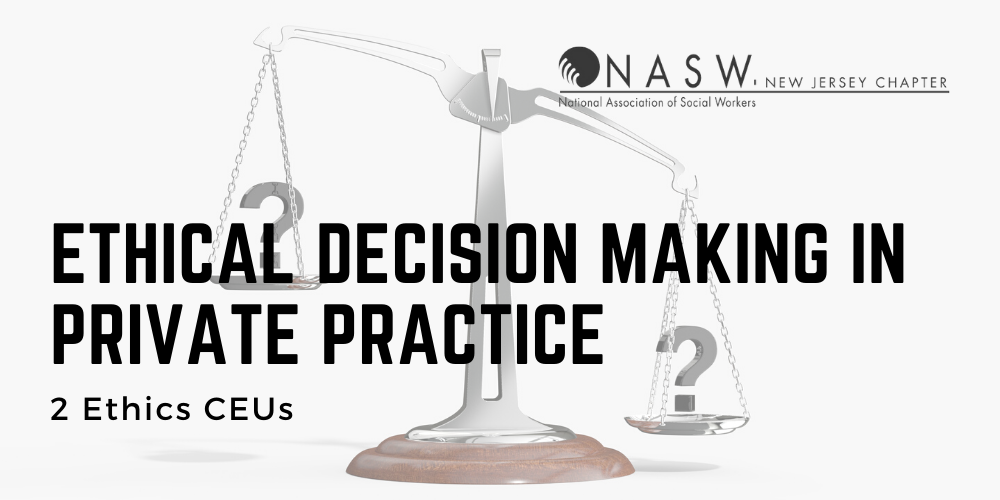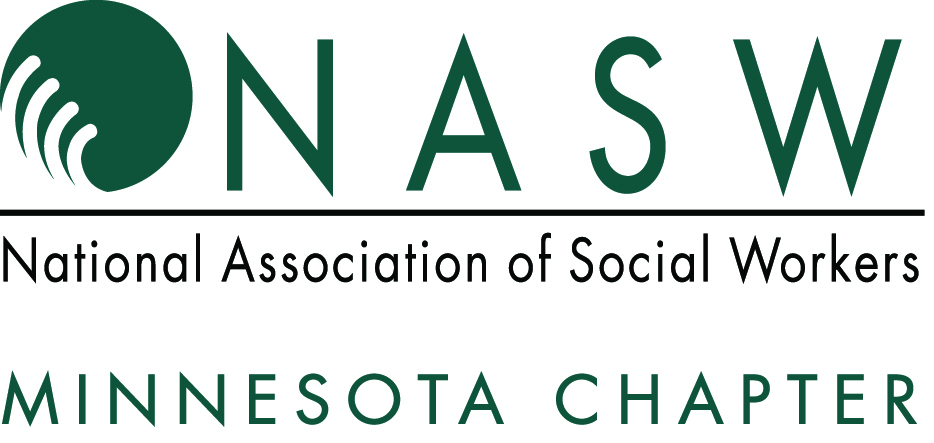*MN Self-Study courses are accessible for 30 days from the purchase date. You must complete the course within that timeframe to receive your CEU(s).
*Please check with the regulatory board in the state(s) where you are licensed to ensure this course meets continuing education requirements.*Student and Retired pricing only applies to current NASW Members of that Member Type.
WHO DO I CONTACT WITH MY QUESTIONS?
- Trouble registering? Contact InReach Tech Support at the contact information at the bottom of this page.
- Can’t log in to your NASW Member account? Contact NASW Member Services at 800-742-4089 or membership@socialworkers.org.
- Questions about event content or access, or need to cancel or request a refund? Contact NASW-MN directly at admin.naswmn@socialworkers.org or 651-293-1935.
Best Practices in Telehealth Technology: Ethical Considerations with In-Person and Distance Interventions3 CEUs (may be counted as ethics or general CEUs)Presenter: Ruth Lipschutz, LCSW, ACSWCOVID-19 has resulted in many more mental health professionals utilizing Telehealth. The NASW Technology Standards define Telehealth as “electronically mediated activity used in the conduct of competent and ethical delivery of social work services.” It includes the use of any information technology to deliver services (PC, laptop, tablets, cell phones, storage modalities, etc.). Social workers do not need to be doing distance therapy to be involved in telehealth. Any use of electronically mediated devices for communicating, receiving or storing clinical information is practicing telehealth. This includes e-mails, texts, online scheduling or intake, use of social media sites and arrangements with business associates for billing or other purposes.
Social workers are generally not IT experts. Best practices in telehealth require clinicians to be aware of a new range of clinical, legal and ethical considerations. Telehealth competence requires all the skills necessary for effective in-person treatment along with an additional expertise. This training will address critical issues including confidentiality, informed consent, HIPAA standards, licensing requirements and social media policy. Whether you are able to choose your own mediums of communication or need to utilize an employer’s, all mental health providers need this knowledge to protect clients, agencies and themselves.
Objectives for this training:
- Demonstrate knowledge of the ethical and legal standards for practicing telehealth, including HIPAA requirements.
- Understand the multiple mental health applications of telehealth technology -
- Effectively utilize telehealth for both in-person and distance therapy clients.
- Develop appropriate protocols to assess appropriateness’ for service to ensure client safety and protect confidentiality.
- Determine appropriate use of social media and develop an effective social media policy.
About the Presenter
Ruth Lipschutz, LCSW, ACSW, is a licensed clinical social worker with postgraduate certification in ethics, mediation, Transformational Imagery (trainer level), hypnotherapy, Eye Movement Desensitization and Reprocessing (EMDR), and Thought Field Therapy (TFT). She received her MSW from the University of Illinois in 1978 and went on to complete the two-year post-graduate training program at the Institute for Family Studies at Northwestern University. She has extensive experience in the areas of ethics, addictions, school social work, community mental health, eating disorders, traumatology, program development and implementation, supervision, consultation and Alternative Dispute Resolution. She has worked in English and Spanish with individuals, couples, families and groups. Ruth has presented workshops locally and nationally for over thirty years and has written numerous ethics articles for the NASW Illinois Chapter Newsletter. She has served as the chairperson of NASW’s National Ethics Committee and participated in multiple ethics task force efforts. She currently serves as a panelist, consultant, mediator and trainer for the NASW Illinois Chapter Ethics Committee and has served as a member-at-large on the NASW Illinois Chapter Board. She is now the Region IX representative on the NASW National Board, has a private practice and offers ethics consultation and training to social workers.

 Adding Registration, Please wait...
Adding Registration, Please wait...


